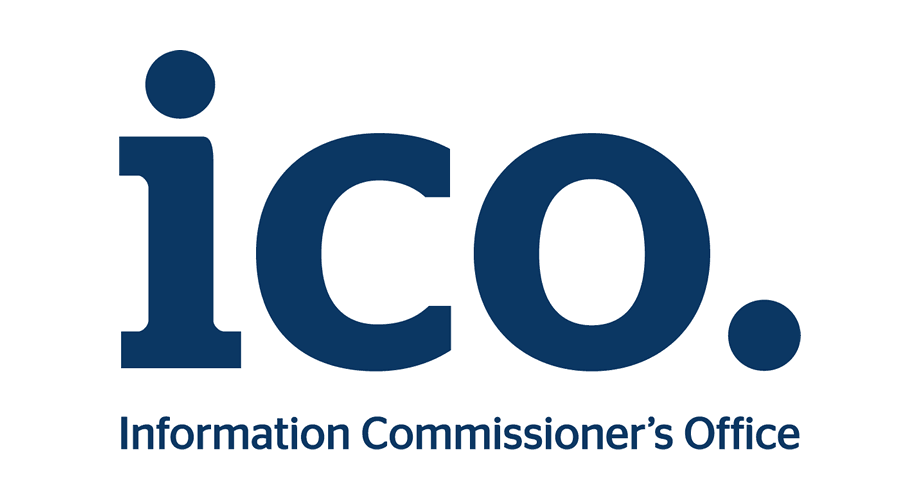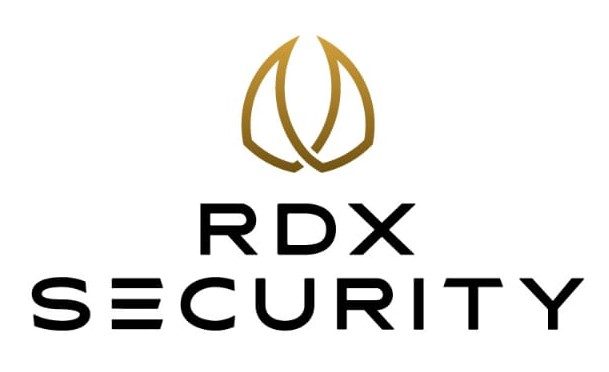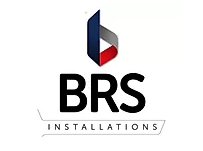Tax Tips for Content Creators, influencers, and YouTubers
- September 2023
- 5 minutes
If you’re a digital entrepreneur unsure about your tax responsibilities, it’s important to note that if you earn money, such as royalties and advertising fees, or receive gifts like products, holidays, or accommodation, HMRC may consider it taxable income. This could require you to submit a Self-Assessment tax return.
“Online content creation is on the rise, and terms like ‘Influencer tax,’ ‘YouTuber tax,’ and ‘Blogger tax’ are becoming increasingly common. Whether you create videos for your YouTube channel, share Instagram posts promoting brands, or craft blogs featuring guides and reviews, you may be wondering about your tax obligations in the UK.
Our comprehensive tax guide for content creators and social media influencers is designed to address all your queries. It covers topics ranging from what qualifies as income and allowable expenses to guidance on registering your business and ensuring you pay the correct amount of tax. For more information, please continue reading, or reach out to us today for personalised tax advice.
 What Is the Earning Potential of Social Media Influencers?
What Is the Earning Potential of Social Media Influencers?
Every year, a significant number of individuals in the UK generate income through their online content and influence. Collaborations between brands and social media influencers aim to strike a balance between authentic and ‘sponsored’ content. They serve the purposes of entertainment, increasing product or service awareness, and ultimately, driving sales and revenue. However, it’s not just A-list celebrities who are reaping the rewards.
The online influencer market is flourishing, with an increasing number of bloggers, vloggers, YouTubers, and social media creators transforming their part-time hobbies into fully monetised professions. For Instagram accounts boasting over 30,000 followers, it’s commonplace to receive payments in the range of approximately £650 for posts. Even ‘micro-influencers’ receive compensation in the form of free products (more on that later). Yet, where there is income to be earned, there are also tax obligations to fulfil.
 Understanding Taxable Income for Bloggers and Influencers
Understanding Taxable Income for Bloggers and Influencers
As an influencer or content creator, you are likely to receive gifts in exchange for featuring them on your blog or sharing them across your social media platforms. It’s important to be aware that these gifted products are considered taxable income, and each item should be accounted for in your tax return. However, the specific rules regarding whether you should declare the products at their retail price, actual value, or market value can vary.
It is advisable to establish a contractual agreement that outlines your responsibilities concerning the product(s). This agreement should also specify the cost of the product(s). In cases where you receive an item unexpectedly without a formal agreement, it is generally not mandatory to report it as income. Nevertheless, it’s worth noting that the rules in this regard can be intricate, particularly if you frequently blog about similar items, if the gifted products contribute to your income, or if you start receiving multiple items from various sources.
Additional forms of taxable income that influencers may acquire include:
- Affiliate marketing commission
- Earnings from Royalties and Advertising
- Contributing Blog Posts for Fellow Social Influencers
It is advisable to possess a contract that clearly defines your responsibilities regarding the product(s). This may include aspects such as wearing them, discussing them, or featuring them in your content, and it should also validate the product’s cost.
In situations where you receive an item without a prearranged agreement, there is usually no strict obligation to declare it as income. However, it’s important to note that the regulations in this regard can be intricate, particularly if you frequently create content about similar items if the gifted product contributes to your revenue, or if you begin to receive numerous items from various sources.
 Tax Obligations for Online Influencers: Understanding the Influencer Tax
Tax Obligations for Online Influencers: Understanding the Influencer Tax
First and foremost, it’s important to clarify that there is no official ‘influencer tax.’ What we are discussing here are the tax obligations associated with being an online influencer. For both brands and influencers alike, it is vital to have a clear understanding of your earnings and their sources to determine your precise tax liability.
Whether you are a full-time or part-time influencer, it is necessary to register as self-employed with HMRC. This requirement holds even if you have another job, possibly one where you are enrolled in PAYE (Pay As You Earn). You are obliged to pay taxes on the income you have generated online. The amount of income tax you are liable for as a blogger or influencer is contingent upon the portion of your income that surpasses the tax-free Personal Allowance, which stands at £12,570 for the 2022/23 tax year.
 Permissible Business Expenditures for content creators
Permissible Business Expenditures for content creators
As a self-employed content creator, the most straightforward method to lower your tax liability is by claiming eligible business expenses. In general, most expenses incurred in the course of your business activities are tax deductible. These may encompass the following:
- Professional fees– agents, accountants or legal fees
- Bank charges– from a business bank account
- Marketing costs– website creation, advertising, SEO
- Utility bills- mobile bill and internet if you are working from home.
- Equipment-laptops, computers, phones, software.
- Insurance- for equipment
- Use of home as an office– if you work from home.
- Subcontractor costs– photographers, consultants, or other freelancers you hire.
- Travel expenses and mileage– plane tickets, work-related fuel costs that are not your regular place of work, hotels away from home and your place of work.
- Subsistence– food, drink and entertainment in certain circumstances
- Make-up, hair, clothing– used for business photo or video shoots.
- Recording and licensing fees- if you use professional studios and/or backing tracks for posts.
 Influencer Tax: Subsidised Content and ‘Payments-in-Kind’
Influencer Tax: Subsidised Content and ‘Payments-in-Kind’
Individuals are legally obligated to declare the financial value of any items they receive as payments-in-kind in their annual tax returns. To ascertain the cost of the item or service, individuals should refer to the agreement under which it was provided. It is advisable to be aware of this requirement before signing any agreements and ensure that a hard copy of the agreement is obtained. This precaution is essential, as one never knows when it might be needed in the future.
Despite recent regulatory changes, a lack of transparency in advertorials can pose challenges in distinguishing between paid partnerships and organic content. There has been increasing scrutiny in recent years regarding the earnings of influencers, with concerns that “social media stars may not be disclosing payments or rewards received for endorsing products or services.” While it is relatively straightforward to tax sponsored or paid content, where a predefined fee is agreed upon between parties, the situation becomes more complex when dealing with ‘payments-in-kind.’ This pertains to instances where creators receive products or experiences in exchange for contracted deliverables, which can range from items like kitchen appliances or footwear to holidays or brand-new cars. If these items are given as gifts in exchange for endorsement, they are considered payments-in-kind.
A word of caution is also warranted for brands that are hesitant to provide influencers with a cash payment for their services. If a brand ‘gifts’ an influencer or YouTuber a car or a holiday in exchange for specific deliverables, as mentioned above, HMRC mandates that these benefits be declared as earned income. The challenge, of course, is that influencers may not have the necessary liquid funds to cover the resulting tax liability.
 Do I Need to Submit a VAT Return for My Content Business?
Do I Need to Submit a VAT Return for My Content Business?
Value Added Tax (VAT) is a governmental levy imposed on goods and services. Obligation for VAT registration arises when your business achieves a turnover of £85,000 or higher. Once registered, it becomes mandatory to charge VAT on your customers, offset the VAT payments made to your suppliers, and periodically file VAT returns, typically on a quarterly basis.
We help taxpayers in the UK to ensure compliance with companies house and HMRC – It is a legal responsibility. If you need help in submitting your annual reports, please do feel free to get in touch with us by completing the contact us form.

















